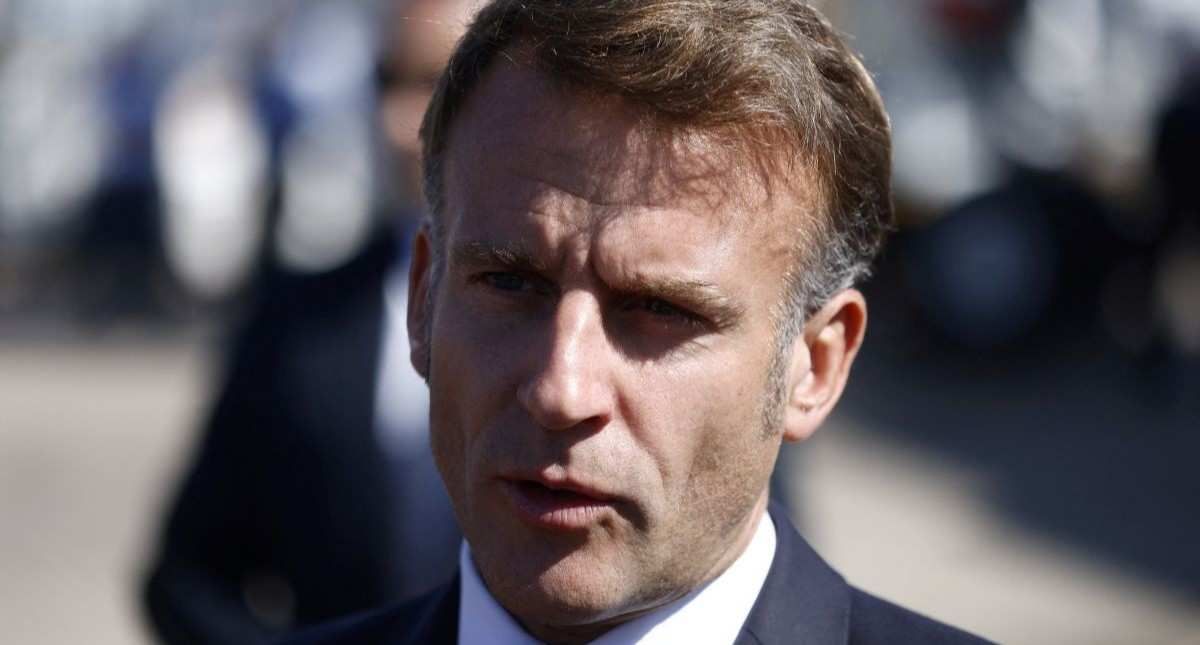2: French President
Emmanuel Macron rejected calls to resign as his fragile government faces
two no-confidence votes this week. Amid France’s deepest political crisis in decades, Macron defended his leadership, reappointed Prime Minister
Sébastien Lecornu– who attempted to resign last week – and blamed rivals for instability as lawmakers battled over deficit cuts, pensions, and tax reforms.
10,000: Mali will now require US visitors to post a $10,000 bond for tourist and business visas, mirroring a US rule aimed at curbing visa overstays. The move follows similar measures by other African nations amid rising tensions between Washington and the Sahel’s military regimes, which are pivoting toward China and Russia.
10: Protests over Ecuador’s fuel price hikes intensified Sunday as demonstrators in Quito burned tires, blocked roads, and clashed with police. The unrest, led by Indigenous groups opposing President Daniel Noboa’s removal of fuel subsidies, has left one dead and prompted a state of emergency in 10 provinces.
3: Three economists, Joel Mokyr, Philippe Aghion, and Peter Howitt won the 2025 Nobel Prize for their research on how innovation and “creative destruction” drive economic growth and living standards. The laureates warned that progress depends on openness, education, and trade — criticizing protectionism and political attacks on science and academia.
